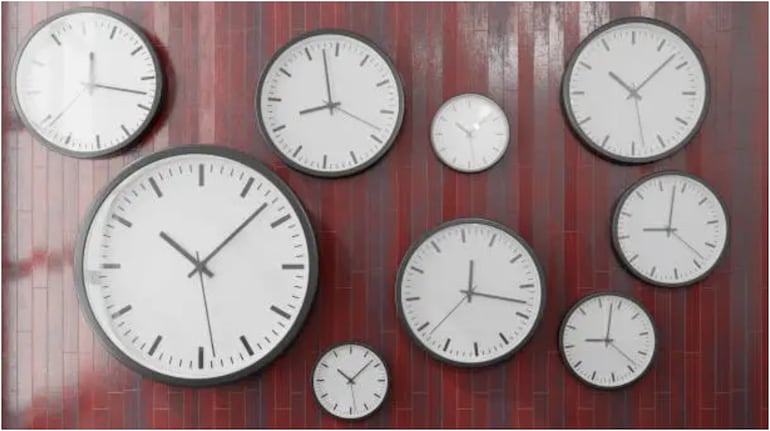



The phrase "o'clock" is a ubiquitous part of the English language, used daily by millions to express time. However, the meaning behind the "o" in "o'clock" has recently sparked curiosity and discussion online, leading many to uncover its true origin.
A question posed by a user on the social media platform Threads asked, "What’s the meaning of ‘O’ in o’clock?" The query drew a wide range of responses, with users speculating that the "o" might stand for "zero," "Omega," or even "oida" (a Viennese term for "old person"). However, the correct answer is more historically rooted.
The "o" in "o'clock" is actually a contraction of the phrase "of the clock." Historically, when clocks were a relatively new invention, people would specify the time by saying it was "3 of the clock" to distinguish it from other ways of telling time, such as using a sundial. Over time, this phrase was shortened to "3 o'clock," with the "of the" becoming simply "o'."
This explanation aligns with the authoritative view from sources like the Britannica Dictionary, which states that an apostrophe is used in "o'clock" because it is a contraction of "of the clock."
Interestingly, this is not the only common phrase where the "o" has a hidden meaning. For example, the term "OK" or "okay" also has a peculiar origin. According to Merriam-Webster, in the 1820s and 1830s, humorists often deliberately misspelled words to adopt a rustic, uneducated persona. "All correct" became "oll korrect," abbreviated as "OK," a phrase that has endured in the English language to this day.
Discover the latest Business News, Sensex, and Nifty updates. Obtain Personal Finance insights, tax queries, and expert opinions on Moneycontrol or download the Moneycontrol App to stay updated!
Find the best of Al News in one place, specially curated for you every weekend.
Stay on top of the latest tech trends and biggest startup news.